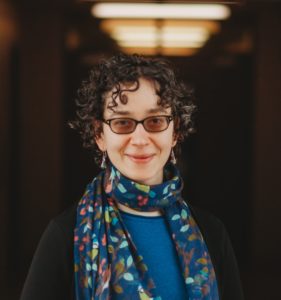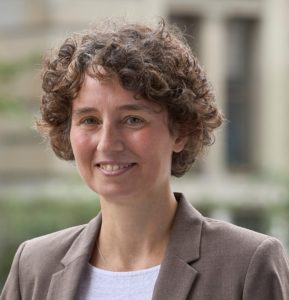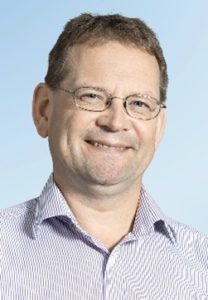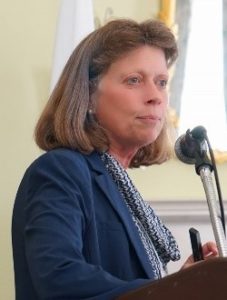Plenary Speakers

Catalina Anghel
Canadian Nuclear Laboratories, Canada
Presentation title:
Overview of AI/ML for reactor measurement systems and severe accident management

Annalisa Manera
ETH Zurich, Laboratory of Nuclear Safety and Multiphase Flows, Zurich, Switzerland
Presentation title:
Development and application of advanced, high-resolution instrumentation for single and multiphase flows

Bodo Mickan
Physikalisch-Technische Bundesanstalt, Braunschweig, Germany
Presentation title:
On the uncertainties of values determined in complex systems: A metrological perspective
The presentation will introduce to the situation of gas flow measurement in pipeline transport with view to the traceability down to the SI-units. On this background, essential aspects of uncertainty determination will be illustrated which are important to get a realistic estimation of the final value of interest.

Joy Rempe
Rempe and Associates, LLC, USA
Presentation title:
Fukushima Daiichi: Interim Insights, Lessons Learned, and Safety Enhancements
After the March 11, 2011, accidents at the Fukushima Daiichi Nuclear Power Station (Daiichi), the U.S. as well as the international community, have worked to evaluate forensics information being obtained from the damaged facilities. In addition to providing input to Japan regarding future decontamination and decommissioning (D&D) activities, these evaluations help provide insights about the progression of the accidents, and where possible, reduce uncertainties in our understanding of severe accident progression. Insights, which continue to be obtained from Japan’s D&D efforts, are used to enhance guidance for severe accident prevention, mitigation, and emergency planning. To illustrate benefits from this effort, this paper describes selected examples emphasizing insights gained from Daiichi examinations which are being utilized within the U.S. to improve the safety and operation of existing and proposed new reactors.
Presenter: J. Rempe, Rempe and Associates, LLC
Contributors: M. Farmer, Argonne National Laboratory; J. Rempe, Rempe and Associates, LLC; D. Marksberry, U.S. Nuclear Regulatory Commission; and D. Peko, U.S. Department of Energy
Dr. Joy Rempe has over 35 years’ experience in the areas of reactor safety and instrumentation performance. Prior to retiring as a Laboratory Fellow at the Idaho National Laboratory (INL), she founded an instrumentation development and deployment laboratory, which supported irradiation testing in U.S. and international facilities. During her tenure at INL, she also led numerous severe accident research efforts for U.S. and international organizations, including post-accident inspection and analysis efforts to support the Three Mile Island Unit 2 Vessel Investigation Program and efforts to investigate in-vessel retention in advanced light water reactors. As Principal of Rempe and Associates, LLC, Dr. Rempe provides consulting assistance to U.S. and international organizations. Since 2014, she has served as the technical lead for the U.S. Department of Energy (DOE) led Forensics Effort to learn from examination information obtained from the affected reactors at Fukushima Daiichi. Dr. Rempe has authored or co-authored over 400 peer-reviewed journal publications, book chapters, technical reports, peer-reviewed conference papers, and invited presentations on reactor safety, severe accident phenomena, high temperature testing, and in-pile instrumentation. She is an inventor/co-inventor of four patents (one patent winning an R&D 100 award. She currently serves as Program Review Group Chair of the OECD Fukushima Daiichi Nuclear Power Station Accident Information Collection and Evaluation (FACE) Project. Between 2010 and 2023, she was a member of the U.S. NRC Advisory Committee on Reactor Safeguards (serving as Chairman in 2022 and 2023). Between 2013 and 2019, she served as a member, and ultimately co-chair, of the DOE Nuclear Energy Advisory Committee. She holds MS and PhD degrees in Nuclear Engineering from the Massachusetts Institute of Technology and a BS degree in Nuclear Engineering from the University of Missouri – Rolla.